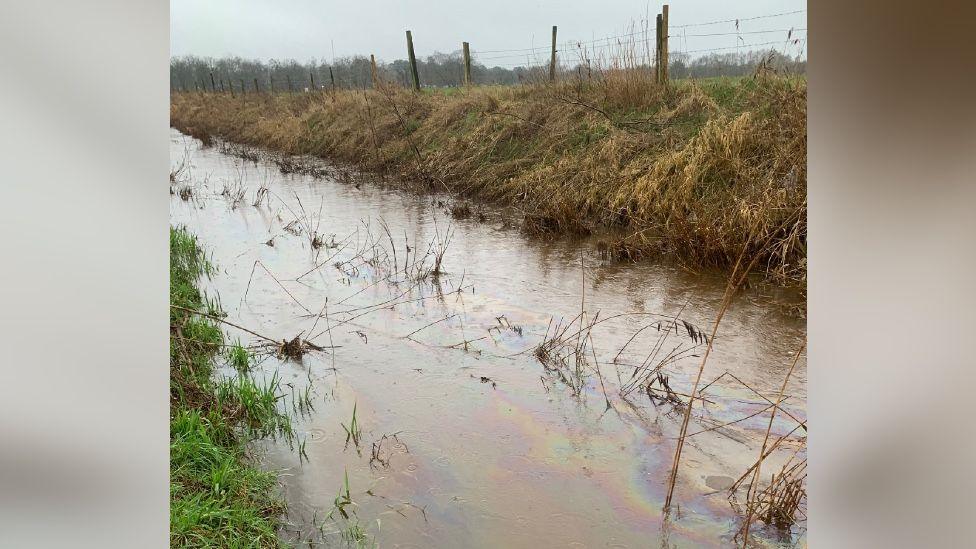Study aims to improve rare chalk stream's health
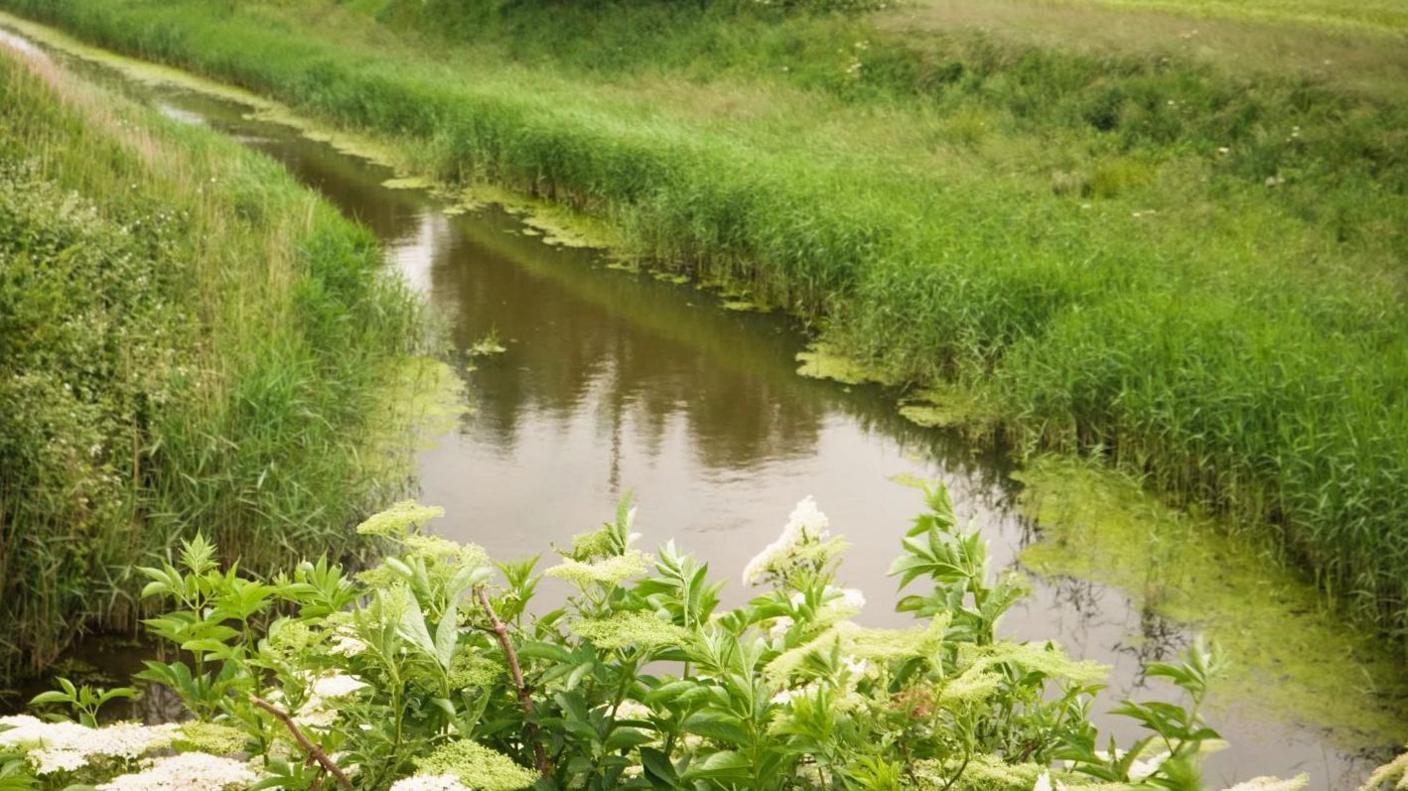
The Gaywood is one of only about 200 chalk streams in the world
- Published
Campaigners hope a new study into the condition and use of a chalk stream will help conserve it for future generations.
Funding has been secured for a study into the Gaywood River, which flows into the River Great Ouse at King’s Lynn, before draining into the Wash estuary.
It follows concerns that current methods of flood prevention, such as dredging, are damaging its sensitive ecology.
The multi-agency project is backed by West Norfolk Council, the King’s Lynn Internal Drainage Board (KLIDB), Anglian Water and Norfolk Rivers Trust, and can now go ahead after funding was secured.
It is one of only 210 chalk streams in the world, which are often sometimes described as "England’s rainforests" due to their importance to wildlife, according to the Local Democracy Reporting Service.
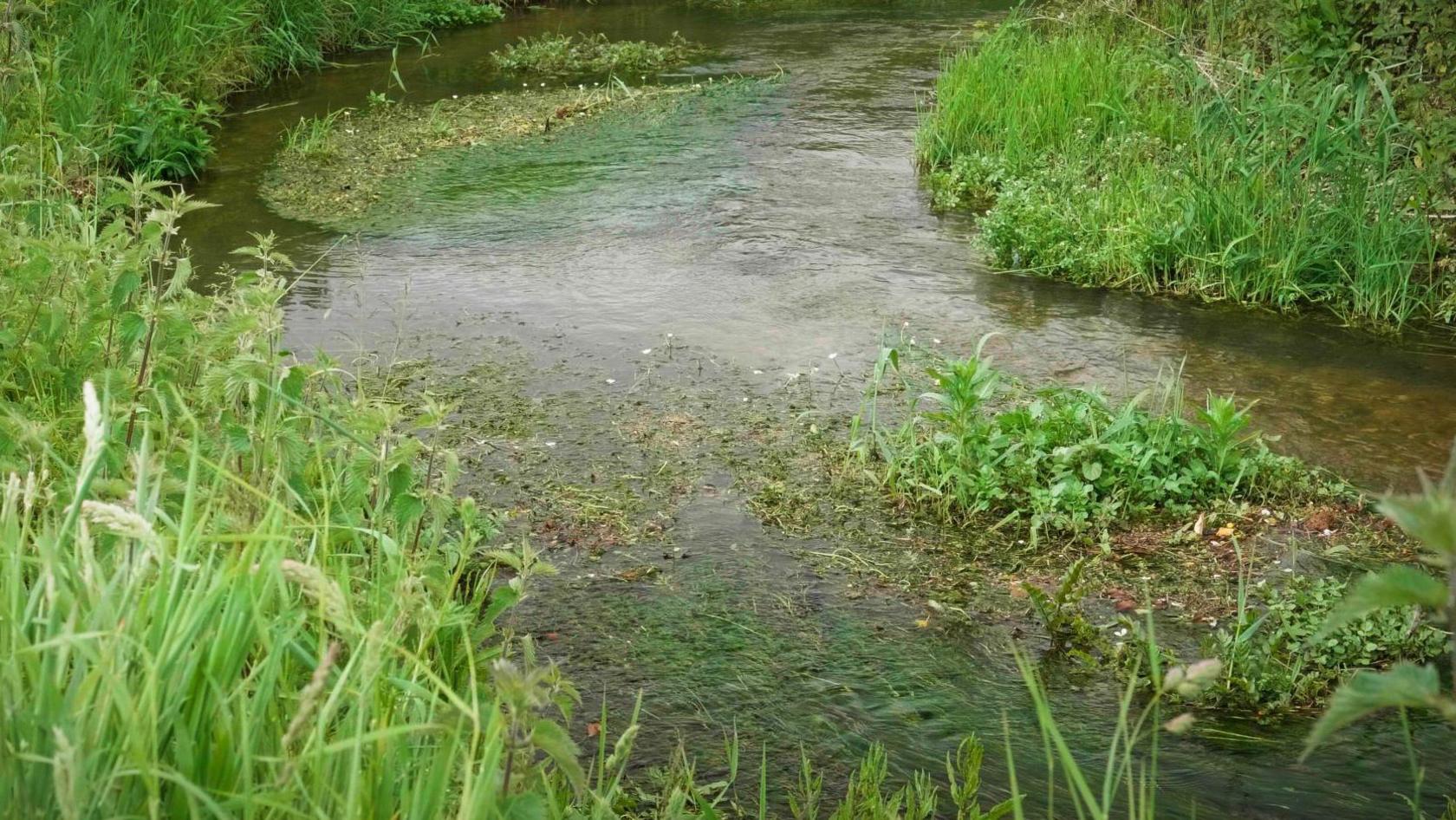
A study of the Gaywood is to be undertaken to protect the chalk stream
Gaywood River Revival spokesman Peter Clitheroe said the study was long overdue.
"Alongside careful consultation with those who know the river and its chalk stream ecology, it should go some way towards helping address key issues concerning the historical and outdated management of the Gaywood," he said.
The study will explore the options for flood-risk management while enhancing and restoring the river and its catchment.
Information on the project comes from the Water Management Alliance (WMA), a consortium of internal drainage boards.
Rob Colwell, county councillor for Gaywood South, said: "The local community has a huge desire for the Gaywood River, a rare chalk stream, to be restored.
"This is a first step to reassure all agencies that any restoration work that might follow will be safe for the residents of Gaywood and King’s Lynn."
About 85% of the world’s chalk streams are found in England, of which more than three quarters are not in good health, according to a report by the Worldwide Fund For Nature, external.
Get in touch
Do you have a story suggestion for Norfolk?
Follow Norfolk news on BBC Sounds, Facebook, external, Instagram, external and X, external.
- Published5 September 2023
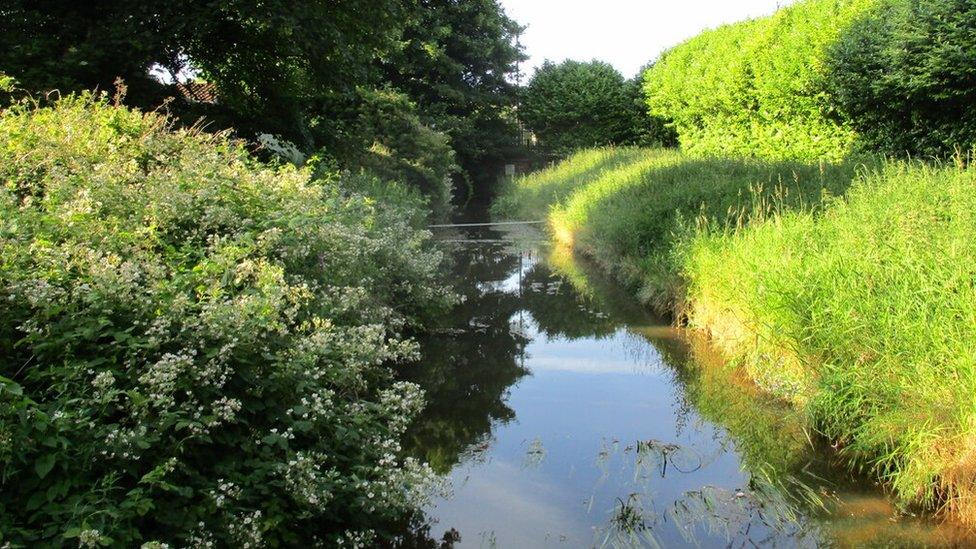
- Published4 August 2024
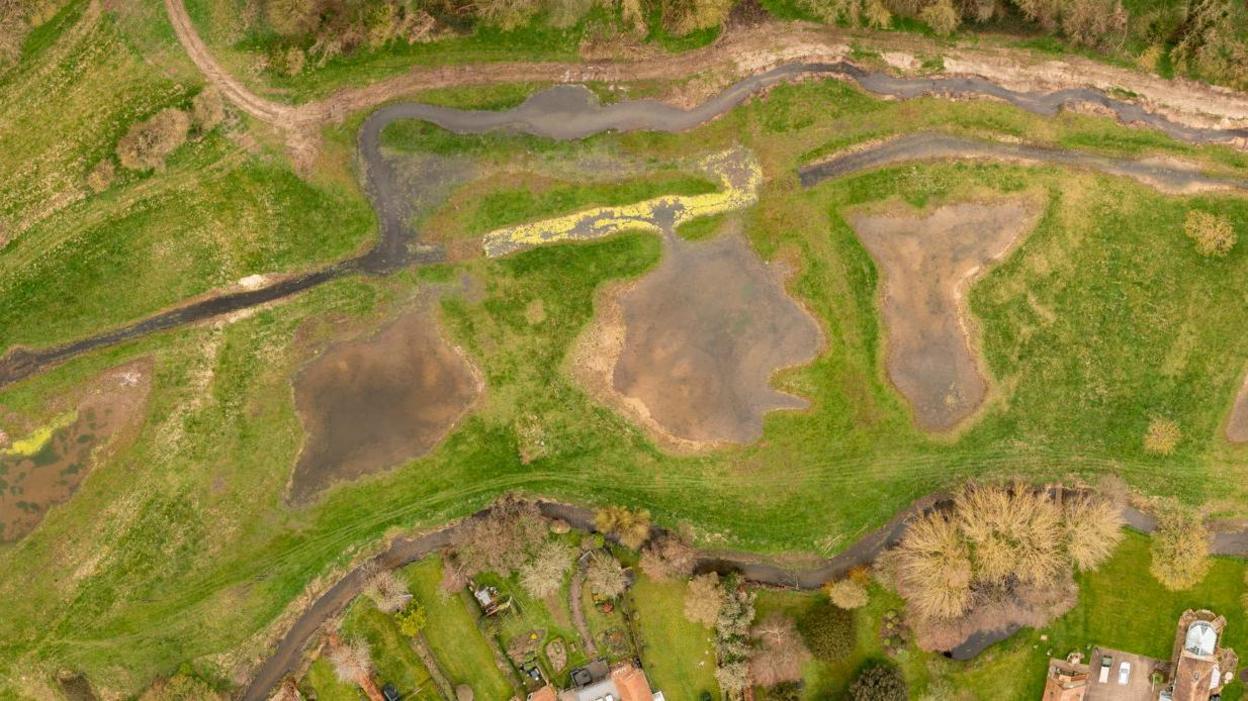
- Published27 February 2024
